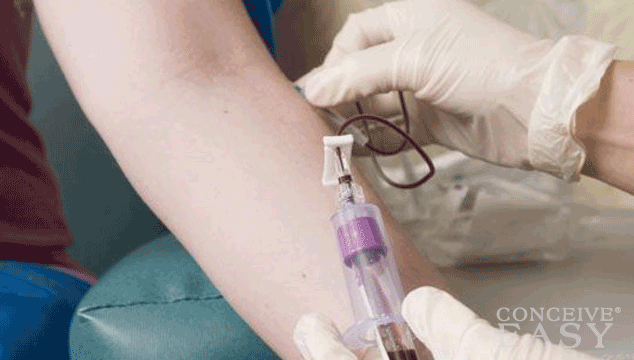Back in time there was no prenatal testing. This is why risks of childbirth were high. However, things have changed and you have proper prenatal testing facilities. Claim Your 20 Free Pregnancy Tests – Click Here
Testing will help you prepare for the birth and also brace you for any risks so that you don’t have to deal with shocks after birth. Depending on the test results, your doctor will give you advice to follow so that there is no problem and the baby is born safely.
Once you find out that you are pregnant you should definitely go to your doctor for confirming the pregnancy through a blood test. Once that is done you should schedule an appointment for your first prenatal visit. After that, you will have to keep going to the doctor every now and then to check whether everything is okay with you and your baby. Your doctor will also do some paperwork and that will help you during delivery.
Here is an overview of the prenatal testing that you will go through in your forty weeks of pregnancy:

Your doctor will test your blood every now and then throughout your pregnancy. He will check your blood type and RH factor of course. But along with that, he will track your glucose levels, blood pressure levels, Rubella immunity, chickenpox, hepatitis B screening, and so on. Something as seemingly unnecessary as checking the blood type and Rh factor can actually be very important in case your Rh factor is negative. Thus all tests are extremely important.

Your doctor will ask you for urine sample for many reasons such as checking for sugar to find out if you have gestational diabetes. If protein is found in the urine you may be suffering with high blood pressure, preeclampsia, or urinary tract infections. All these are serious issues.

Ultrasounds will be conducted every now and then to first check the heartbeat of the fetus and then to check the placental position. The screening will also help your doctor find out your due date. Through an ultrasound, any birth defects can also be detected.

This test will show if your baby has any risks of developing neural tube defects, Down syndrome, or other chromosomal abnormalities. The test checks hCG, inhibin A, unconjugated estriol, and alpha-fetoprotein in the blood. The doctor will perform this test during the twentieth week or a little earlier.

The amniotic fluid will be tested in this test to find out if there are any chromosomal abnormalities. This test is usually conducted during the eighteenth week of pregnancy. This might be a painful procedure for you and if you are too worried, you can ask for a local anesthetic.

The doctor will conduct a whole range of tests throughout pregnancy to find out if you have any diseases – sexual, genetic, or bacterial.
Sexual: HIV, syphilis, gonorrhea, Chlamydia, genital herpes, trichomoniasis.
Genetic: sickle cell anemia, Thalassemia, cystic fibrosis.
Bacterial: Group B strep.
All these tests are very important to ensure that you are healthy and your baby is growing safely. If any risks are determined, the doctor will take the necessary steps to reduce the risks immediately.










Comments